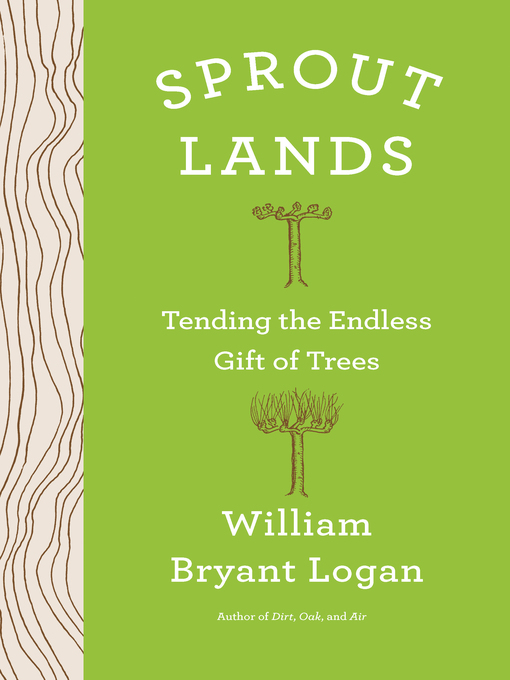Winner of the 2021 John Burroughs Medal for Distinguished Natural History Writing
"This deeply nourishing book invites us to reclaim reciprocity with the living world." —Robin Wall Kimmerer, author of Braiding Sweetgrass
Once, farmers and rural people knew how to prune hazel to foster abundance: both of edible nuts and of straight, strong, flexible rods for bridges, walls, and baskets. Townspeople felled their beeches to make charcoal to fuel ironworks. Shipwrights shaped oaks to make hulls. No place could prosper without its inhabitants knowing how to cut their trees so they would sprout again.
Pruning the trees didn't destroy them. Rather, it created the healthiest, most sustainable and diverse woodlands that we have ever known. Arborist William Bryant Logan offers us both practical knowledge about how to live with trees to mutual benefit and hope that humans may again learn what the persistence and generosity of trees can teach. He recovers the lost tradition that sustained human life and culture for ten millennia.


